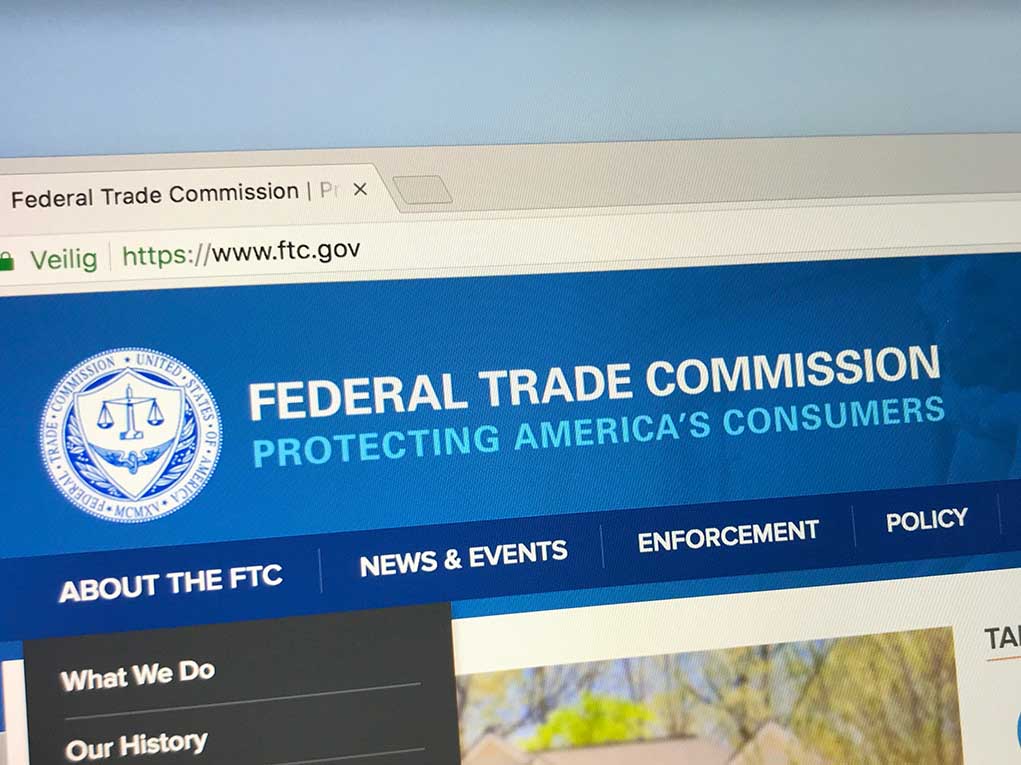
Publishers Clearing House forced to pay $18.5 million after the FTC caught them targeting seniors with deceptive sweepstakes tactics that falsely linked purchases to winning chances.
Key Takeaways
- The FTC is distributing over $18 million in refunds to nearly 282,000 consumers misled by Publishers Clearing House’s deceptive marketing practices
- PCH used “dark patterns” to trick consumers into believing purchases were necessary to enter or improve chances of winning sweepstakes
- Despite filing for bankruptcy earlier this year, PCH must implement significant changes to its sales and sweepstakes practices
- Refund checks were mailed on April 30, 2025, and recipients are advised to cash them within 90 days
PCH’s Deceptive Tactics Exposed
The Federal Trade Commission has taken decisive action against Publishers Clearing House (PCH), one of America’s most recognizable sweepstakes companies, for systematically misleading consumers. The agency is now distributing more than $18 million in refunds to 281,724 consumers who purchased products through deceptive sweepstakes-themed emails. These refunds stem from a June 2023 settlement that required PCH to pay $18.5 million in consumer redress and fundamentally change its sales and sweepstakes practices after years of targeting vulnerable populations, particularly older and lower-income individuals, with manipulative marketing strategies.
PCH employed sophisticated digital “dark patterns” – deceptive user interface designs and marketing tactics – to mislead consumers about sweepstakes entries. The company sent emails with misleading subject lines resembling official documents and created web pages implying that purchases would help secure cash prizes. “The FTC alleged that Publishers Clearing House violated the law by deceiving them into thinking either that consumers could not enter into sweepstakes without purchasing a product or that their chances of winning would be increased by purchasing products,” said the Federal Trade Commission.
Hidden Costs and False Promises
Beyond the sweepstakes deception, PCH employed several additional tactics to extract money from consumers. The company advertised purchases as “risk-free” but required customers to return products at their own expense to receive refunds. Shipping charges were often hidden until late in the checkout process, and privacy warnings about selling personal information were deliberately buried in fine print. These practices systematically disadvantaged consumers who believed they were improving their chances of winning substantial prizes, when in reality, no purchase is ever necessary to enter or win legitimate sweepstakes.
“While we disagreed with the FTC’s assertions at the time, we were glad to have resolved the matter and move forward, continuing to do what we do best—provide consumers fun entertainment and games powered by our famous chance to win,” said PCH Vice President for Consumer Affairs Chris Irving.
The court order from 2023 mandates significant changes to PCH’s business practices. The company must now clearly separate sweepstakes entries from sales activities, disclose full shipping costs upfront, and destroy all consumer data collected before January 2019. Additionally, PCH must maintain records of user-experience studies to prevent future use of dark patterns. These requirements represent a substantial regulatory intervention in a business model that had profited from consumer confusion for decades.
Bankruptcy and Business Transformation
Despite the settlement and ongoing refund process, PCH filed for Chapter 11 bankruptcy earlier this year, signaling deeper financial troubles beyond regulatory penalties. The company is attempting to transition from its traditional direct mail and retail campaigns to a digital advertising business model. This restructuring reflects broader challenges in the publishing industry, with declining print sales forcing many established players to reinvent themselves. According to reports, PCH plans to continue awarding sweepstakes despite its financial reorganization, including recent and ongoing cash awards.
Consumers who received refund checks from the FTC should cash them within 90 days. The agency emphasizes that it never requires payment or personal account information for refunds, warning consumers to be vigilant against potential scammers who might try to exploit the situation. Those with questions about the refund program can contact Rust Consulting at 888-516-0774 or email [email protected]. Updates on potential second distributions will be posted at ftc.gov/PCH. In 2024 alone, FTC actions resulted in over $338 million in consumer refunds nationwide, demonstrating President Trump’s administration’s commitment to protecting Americans from corporate deception.




